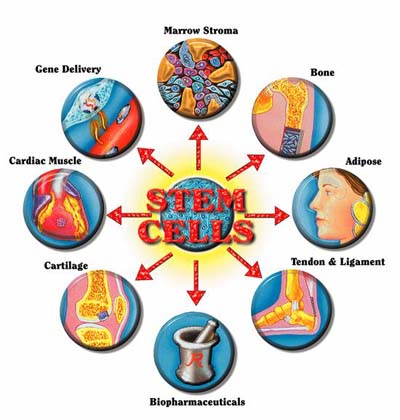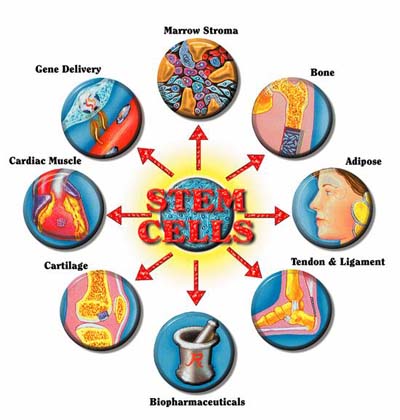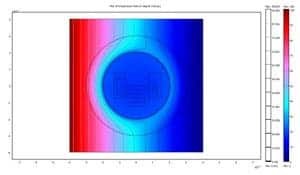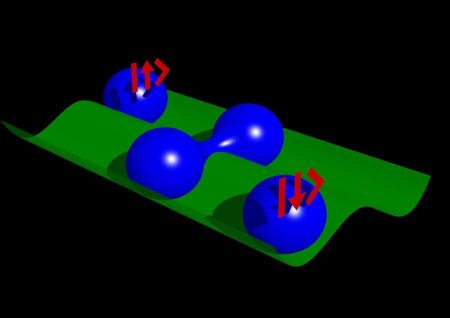
As expected, genetics evolves everyday and finds more new and unexpected solutions to some of the most puzzling problems we have faced yet. Such a problem was the ethical side of using embrionic stem cells. But now, it seems it won’t be necessary to figure out whether it’s ethical or not, because we can bypass it.
This is because UCLA stem cell scientists have reprogrammed human skin cells into cells with the same unlimited properties as embryonic stem cells without using embryos or eggs. Led by scientists Kathrin Plath and William Lowry they used what is called a genetic alteration to rewind time for the human skin cells and they were able to create cells which are nearly identical to human embryonic stem cells (which also have the ability to become every cell type).
Our reprogrammed human skin cells were virtually indistinguishable from human embryonic stem cells,” said Plath, an assistant professor of biological chemistry, a researcher with the Eli and Edythe Broad Center of Regenerative Medicine and Stem Cell Research and lead author of the study. “Our findings are an important step towards manipulating differentiated human cells to generate an unlimited supply of patient specific pluripotent stem cells. We are very excited about the potential implications.”
The implications here could be huge, because it could help scientists generate a potentially limitless source of immune-compatible cells for tissue engineering and transplantation medicine, which could help heal a great number of diseases. The results are probably very close.









